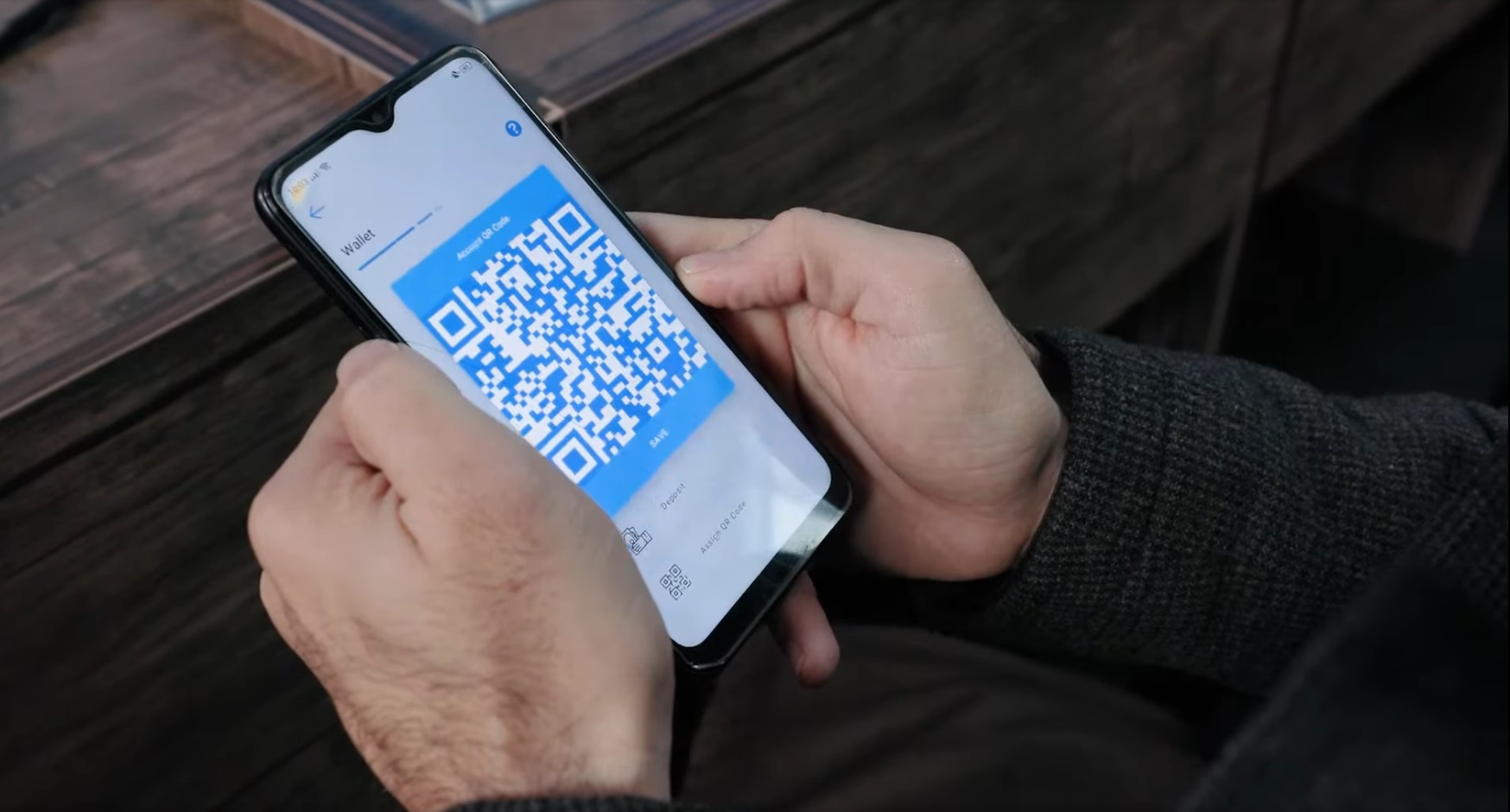Despite facing numerous challenges such as inadequate infrastructure, high internet costs, and limitations in creating international accounts, a group of young Afghans has made remarkable achievements in the field of technology.
These accomplishments include the design of applications in various areas such as financial management, accounting, language learning, and healthcare services, which are not only beneficial at the national level but also have global applications.
Abdul Baes Wali Zada, a 24-year-old from Takhar with a degree in Computer Science, has developed an app called “Baksak” (Wallet) that helps users manage their income and expenses. Despite facing numerous challenges, he has launched the app on global platforms and aims to provide solutions to problems he himself encountered.
Abdul Baes explains: “The app, Baksak, is now available on Google Play. It helps manage a user’s income and expenses. For example, with a physical wallet, you may lose track of money spent, but Baksak keeps records and works offline. I faced the same problem and couldn’t manage my money, so this idea came to my mind.”
Abdul Rahman Popal, a 27-year-old from Kunduz with a degree in Computer Science, created the “Exact” software, which is used by money changers and warehouse keepers for accounting and financial transactions, even extending to neighboring countries and beyond. This software has reduced transaction time from several minutes to mere seconds.
Abdul Rahman shares: “When I used to receive money transfers from my family, it took a lot of time to process them through money changers. So, I spoke to some of them about creating an accounting system to make the work more efficient. After graduation, I started developing the system, took feedback from money changers, and then designed the software, which I later launched in the market.”
He adds that with this software, users can easily check their accounts via mobile phones and computers. “For every money changer who has been connected, their work has become much easier. What used to take them a week or a month can now be done in a day. If previously it took 10 minutes to process a transfer, now it takes just one minute.”
In addition to accounting software, Abdul Rahman has also developed two language-learning apps, “Qamus” and “Kalam,” which have garnered over 100,000 downloads. He mentions that he has another project in the healthcare sector aimed at improving medical practices and treatments.
Abdul Rahman emphasizes: “The apps I’ve developed, Qamus and Kalam, are designed to help students learn English language properly. I also have a plan in the healthcare field for doctors, where they can write prescriptions through this system, and patients who return to them can see their previous prescriptions and treatment history. Laboratories can also track the tests conducted, and pharmacies can track sales and manage inventory.”

Meanwhile, Iqbal Ahmadi, a 22-year-old from Parwan with a Computer Science degree, has developed an app for teaching the Dari language to children. However, due to difficulties in creating a bank account and a lack of financial resources, he has been unable to publish it on international platforms.
Iqbal says: “I’ve developed an app for non-Dari speakers, especially for children of our compatriots abroad who are unable to learn their mother tongue properly. The challenges I faced prevented me from launching the app because I didn’t have access to bank accounts and lacked the funds to publish it on the Play Store.”
On the other hand, Ershad Ahmad Hashemzai, a professor and head of the Computer Science Faculty at Kabul Polytechnic University, reports an increase in the creativity of students in developing software and apps. He adds that the university has launched competitions to foster students’ capacities, leading to the creation of apps that are both nationally and internationally relevant.
He adds: “At Kabul Polytechnic University, programs and competitions for programming and software development are organized to encourage students. Many software applications have been developed by the university’s students, including apps for schools and universities and those in the healthcare sector.”
Technology experts believe that developing infrastructure and supporting startups can pave the way for the progress of Afghan youths in technology. Providing affordable, high-speed internet, establishing specialized training centers, and supporting intellectual property rights could help these young innovators achieve greater success.
Qareeb Aryan, a technology expert, says: “The government can play a key role in the development of applications by providing suitable conditions. This includes building advanced infrastructure, providing affordable high-speed internet, creating centers for entrepreneurs, protecting intellectual property rights, and supporting active startups through domestic and foreign investments.”
These technological advancements come at a time when many citizens in Afghanistan still lack access to reliable electricity, affordable high-speed internet, and essential online services. Additionally, people in remote areas do not even have access to basic telecommunications and intermittent electricity.






